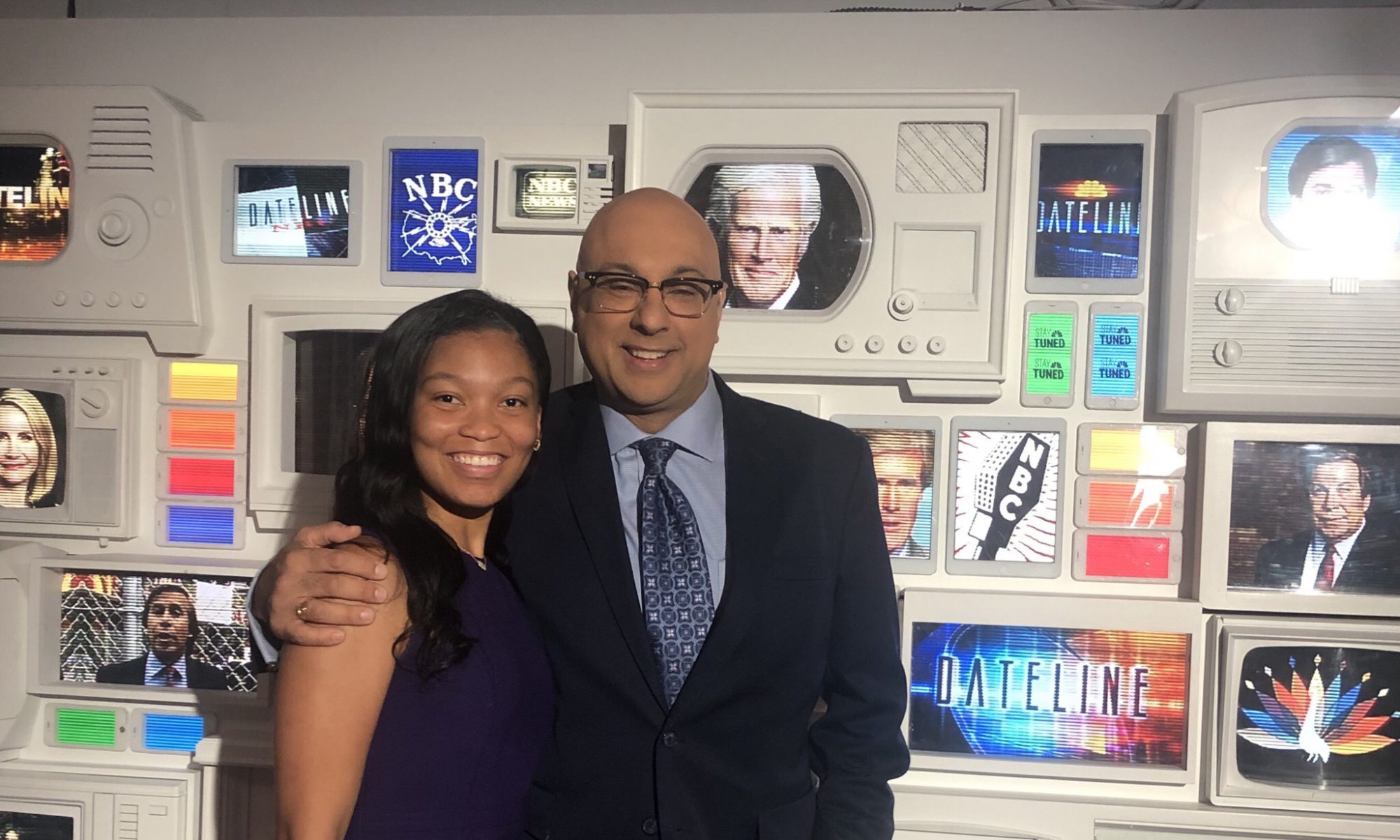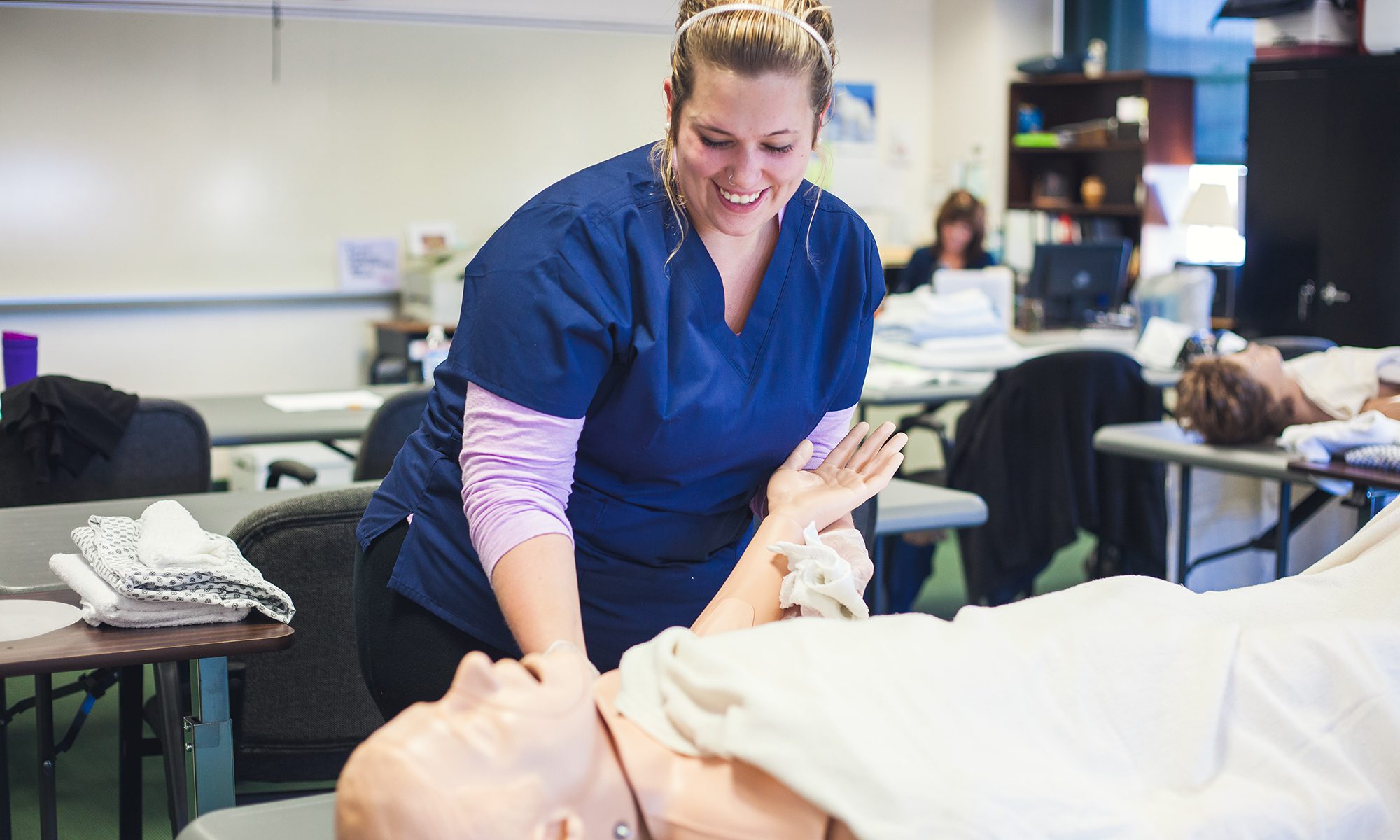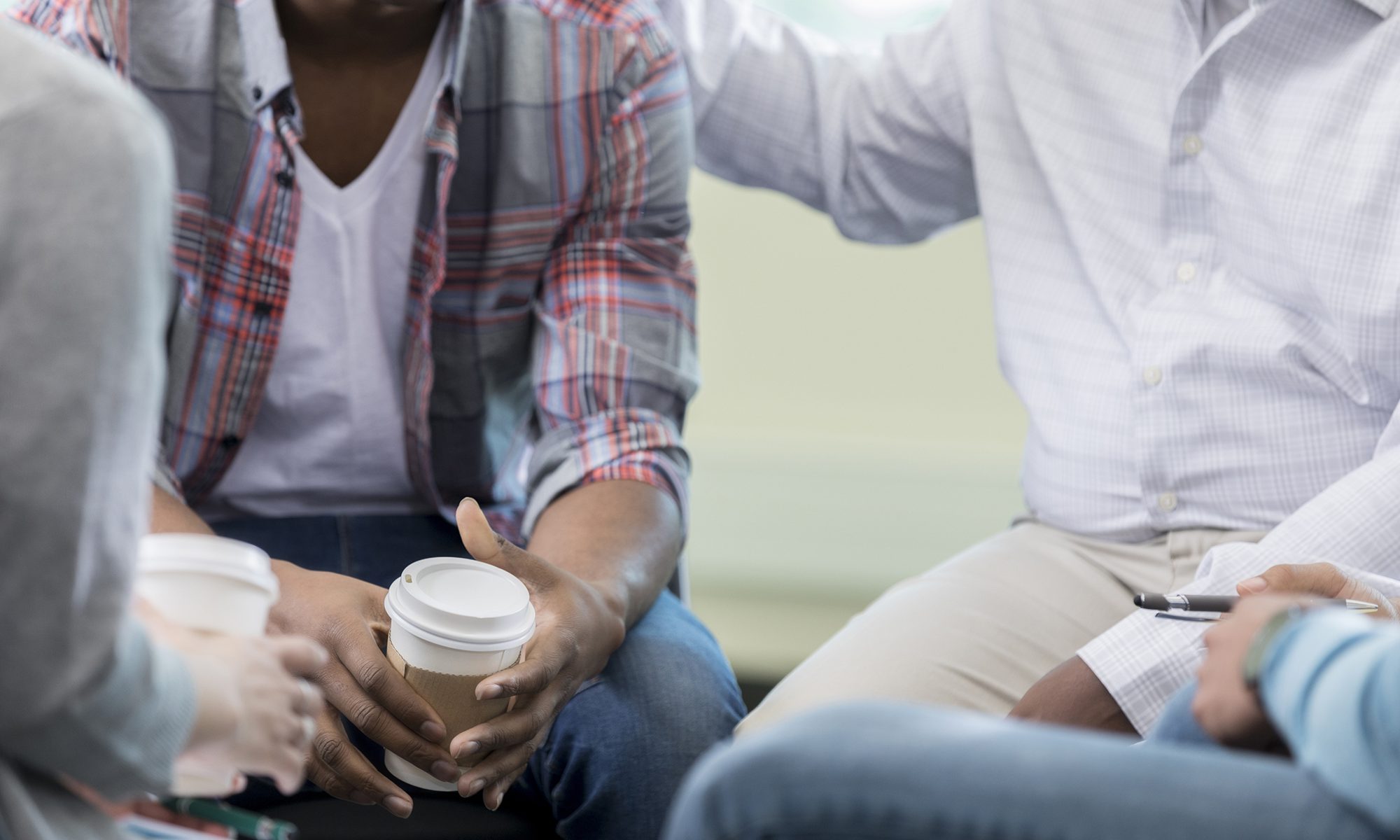The Road to NYC
A Project Discovery, a TAP Youth Education Program, alumna update
“Project Discovery has helped me achieve a lot of my dreams,” says Denashia Dunnaville, a Project Discovery alumna. This summer, a dream came true when Denashia, a journalism student at Virginia Tech, had the opportunity to intern with MSNBC Live with Ali Velshi in Rockefeller Center.
During a recent conversation with Project Discovery staff, Denashia described how she spent her days at MSNBC getting a behind-the-scenes look at the production of a daily show. Her mornings were a flurry of meetings, background research on guests, and making graphics. Afternoons were spent in the studio or control room, observing Velshi and the inner workings of the show. While the plans for the show would inevitably change over the course of the day, she enjoyed the fast pace.
When she spoke about her future in journalism, Denashia’s eyes lit up. “After I graduate I want to be a producer,” she said. “I hope to get an entry-level producing job either locally or with NBC. My long-term goal is to be an executive producer.”
But she wasn’t always headed toward the producer role. Denashia described how, like most new journalism students, she initially wanted to be in front of the camera. “[At Virginia Tech] I was put in front of the camera as an anchor and while it was fun, when I watched myself afterwards I immediately recognized things I wish I had done differently. I realized I would rather be the producer so I could see things in real time and make adjustments.”
Similarly, TAP’s Project Discovery helped Denashia change directions when it came to the college search process. Project Discovery, a program that helps students prepare for and apply to college, features free college campus tours. Those tours turned out to be important for Denashia. Her heart was set on attending UVA, but when she set foot on the Virginia Tech campus with Project Discovery, “it already felt like home,” Denashia explained. “It was very valuable to me to have that on-campus experience.”
Looking back on her time with Project Discovery, Denashia shared how the program not only helped her focus on college, but also helped her grow as a young person. On the trips out of town to visit campuses, Denashia benefitted from cultural enrichment elements incorporated by Project Discovery like visits to museums and historical tours. She laughed recalling a nighttime tour of Williamsburg that was supposed to be spooky, but fell flat. In the end, Denashia said, “I learned some history that I would not have otherwise learned in Roanoke if I had just stayed home.”
While Denashia’s enrollment in Project Discovery ended with her high school graduation and acceptance into college, the program has continued to support her growth. When she received her internship offer with MSNBC, Denashia faced a quandary—the opportunity was a golden one, but the stipend MSNBC offered was not enough to cover her living costs in New York City. So Denashia turned to her network, reaching out to contacts in Roanoke who might be willing to help. “Project Discovery emailed me back immediately,” said Denashia. She brainstormed with Project Discovery staff about different fundraising ideas, and ultimately, between family support and fundraising, was able to raise funds to cover her remaining costs.
Denashia credits Project Discovery with helping her get to Virginia Tech and beyond. “They teach a lot of life lessons…they want you to know there are ways you can succeed no matter where you are.”
Each year Project Discovery reaches hundreds of middle and high school students in the Roanoke Valley and Alleghany Highlands, helping them to prepare for and go on to college. Project Discovery is one of several TAP programs that rely primarily on local funding, foundation grants, and individuals and businesses in our community. Please consider supporting Project Discovery with a gift today. Your support is life-changing for young people like Denashia.



